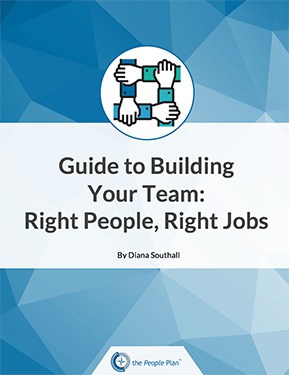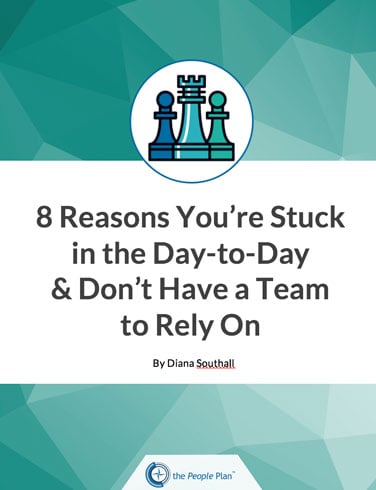The answer is maybe… Employee compensation is complex (part art and part science according to my mentor, national expert Dr Jerry Newman). I have taught a full semester college course on the subject so this cannot be condensed into one blog post.
Compensation is not right or wrong, it is relative—one employee’s pay compared to another at the same company (internal), and one organization compared to another one (the market).
For example, an employee compares her pay to others doing the same job and also different jobs. If I feel that I work harder than Sue (in my same job) but Sue is paid more than me, I feel I am “underpaid.” I also compare my pay to higher and lower level jobs (in my mind, anyway) – I expect to be paid more than an entry-level job if I am experienced. I also do not expect someone with a similar job in a different area to be paid 50% more than I am (this is the concept of comparable worth). If your organization does not have or share information about salary grades (to explain what jobs really are considered low and high level) then this can be an area of confusion or dissatisfaction about pay.
An employee also compares his pay to what other employers pay for this job. With the internet, employees have a wealth of compensation information they did not have 10 years ago. Every HR manager in America has had an employee come to the office and mention what Salary.com says the job is worth! And what is your response?
The typical compensation strategy is to pay market competitive wages—this means for the related industry and especially for the geographic area. To monitor this, your organization should be conducting an annual market compensation analysis, for both your industry and your region.
How do you find these surveys, how do you participate (many require your participation to receive the report), and then what do you do with the data?
To learn the answer to these questions, and more information about benchmarking compensation, attend our July 20/27 seminar with the Buffalo Niagara Partnership:
“How to Use Compensation Surveys for Competitive Pay and Benefits”
To learn more about the Buffalo Niagara Compensation & Benefits Survey (open July 2011), visit our website link.
Image courtesy of xe-pOr-ex at FreeDigitalPhotos.net




